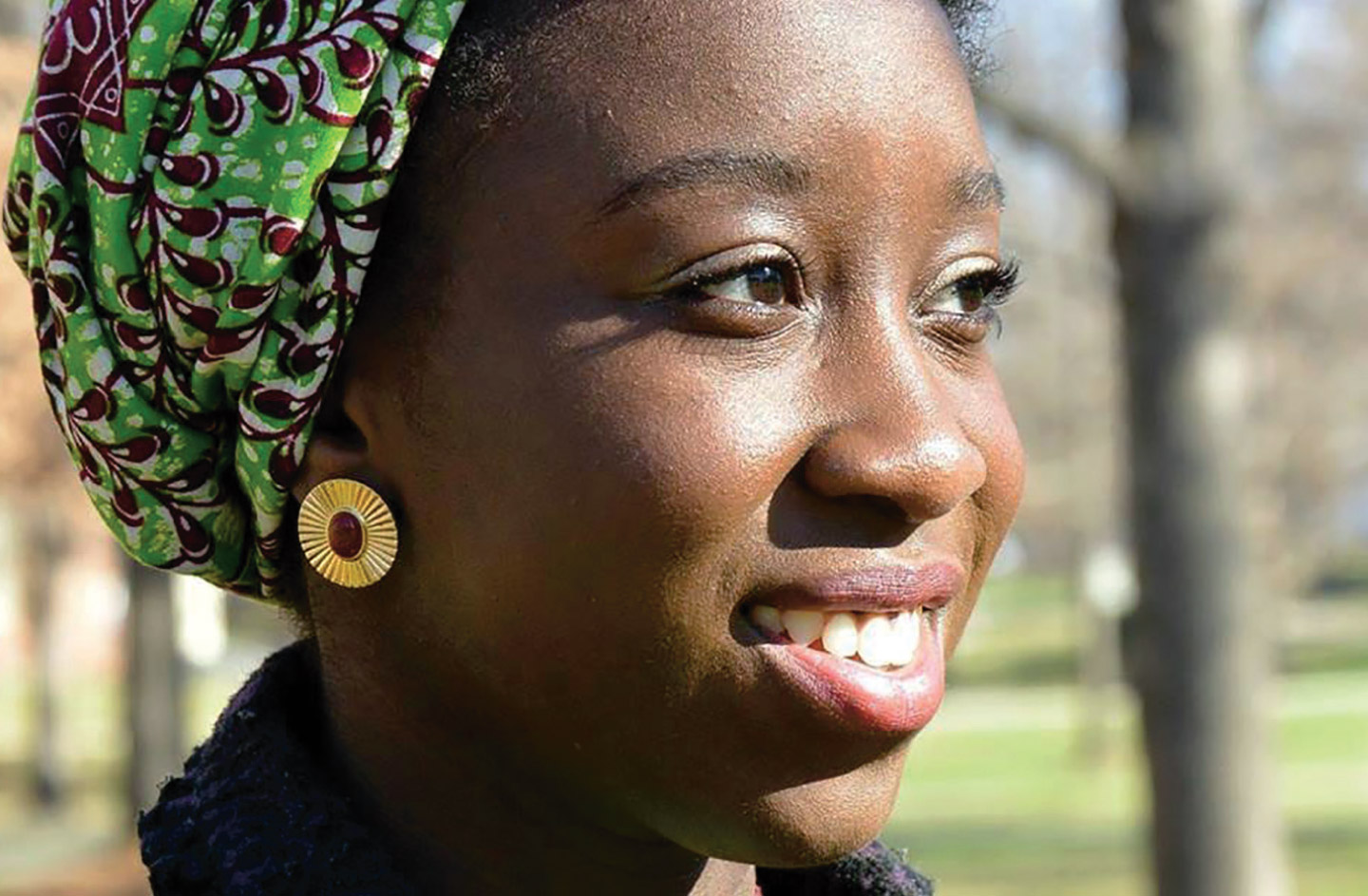In December 2015, I was heading to the library here at school to study when I got a call from my mother’s lawyer. He said she was fighting her deportation to Ghana, West Africa, and I would need to write a statement explaining why she should be allowed to stay in the United States.
The phone call sent me, zombielike, across the quad to my dorm. I sat at my computer in a daze of anger and sadness. I couldn’t believe that this was happening—again.
My father had been deported abruptly three years earlier, when I was still in high school. He was expelled after overstaying his tourist visa, the same reason my mother was facing deportation. His absence was unbearable, and the confusion and shame that came with it affected my confidence. Most of my friends in Columbus, Ohio, where I grew up, had no way of understanding what I was going through.
Back in my dorm after the lawyer’s call, I tried to write the advantages of keeping my mother in the country. But how was I supposed to explain the importance of a mother? Should I write about how my father was the one who pushed me in my studies, while my mother brought life to everything else in my world? That she introduced my sisters and me to Ghanaian culture and taught us how to cook traditional dishes? Her Ghanaian doughnuts—bofrot—were so popular with our neighbors and our church friends that she sold them for extra cash. Did this make her more worthy of staying?
I was panicked. My mother had always been there for me. She was my rock. I gathered my things and caught a ride home to Columbus.
My four sisters and I accompanied our mother to her court hearing in Cleveland. We argued that she should be allowed to stay in this country because she was not a threat to public safety or national security. We had lived in the U.S. for 15 years, having arrived in 2000, when I was 4. The judge wasn’t moved.
A few months later, my sisters and I found ourselves packing up our home to send our mother on her way. Neighbors and members of the church were there. We said goodbye.

